차가버섯(Nonotus obliquus)은 자작나무에 기생하는 균류입니다. 16세기부터 차가버섯은 유라시아 북부, 특히 러시아에서 민간요법으로 사용되어 왔습니다.
권장 사용법
영양가 높고 효과적인 차를 원하시면: 캐나다산 차가버섯 한 조각(밤 크기 정도)을 끓는 물 4~6컵(1~1.5L)에 넣으세요. 6시간 동안 우려낸 후 80°C 이상에서 보관하세요. 3일 이내에 드시고 3일 후에는 버리세요.
부작용
출혈 위험
차가버섯을 섭취하면 아스피린이나 와파린과 같은 항응고제의 효과가 증폭될 수 있습니다. 이로 인해 출혈과 멍이 생길 위험이 높아집니다. 차가버섯의 활성 성분은 스테롤, 베툴린산, 다당류를 포함한 트리테르펜의 조합으로, 영지버섯과 유사하며, 항응고제나 항혈소판제와 함께 복용 시 출혈 위험이 증가합니다.
저혈당증
차가버섯은 인슐린과 같은 당뇨병 치료제와도 상호작용하여 저혈당증(혈당 수치가 너무 낮아지는 현상)의 위험을 높입니다. 저혈당증의 증상으로는 떨림, 허기, 혼란, 현기증, 쇠약감 또는 불안감, 언어 장애 등이 있습니다.
차가버섯은 다른 많은 버섯과 마찬가지로 베타글루칸이 풍부합니다. 베타글루칸은 면역 조절 활성을 가지고 있습니다. 베타글루칸은 보체 수용체 3(CR3)에 결합하기 때문에 관심을 받고 있습니다. 이는 신체의 면역 세포가 암세포를 “비자기”로 인식할 수 있게 하며, 이론적으로 암세포의 세포 사멸을 유발할 수 있습니다. 이 버섯의 부작용은 잘 연구되지 않았지만, 조지 T. 그로스버그와 배리 폭스가 쓴 “필수 허브-약물-비타민 상호작용 가이드”에 따르면 영지버섯과 같이 베타글루칸을 함유한 다른 버섯은 구강 및 인후 건조, 코피, 가려움, 복통, 혈변을 유발할 수 있습니다.


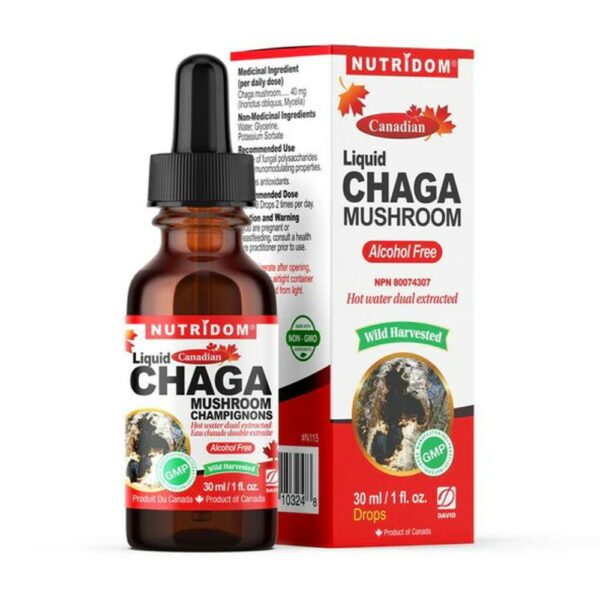
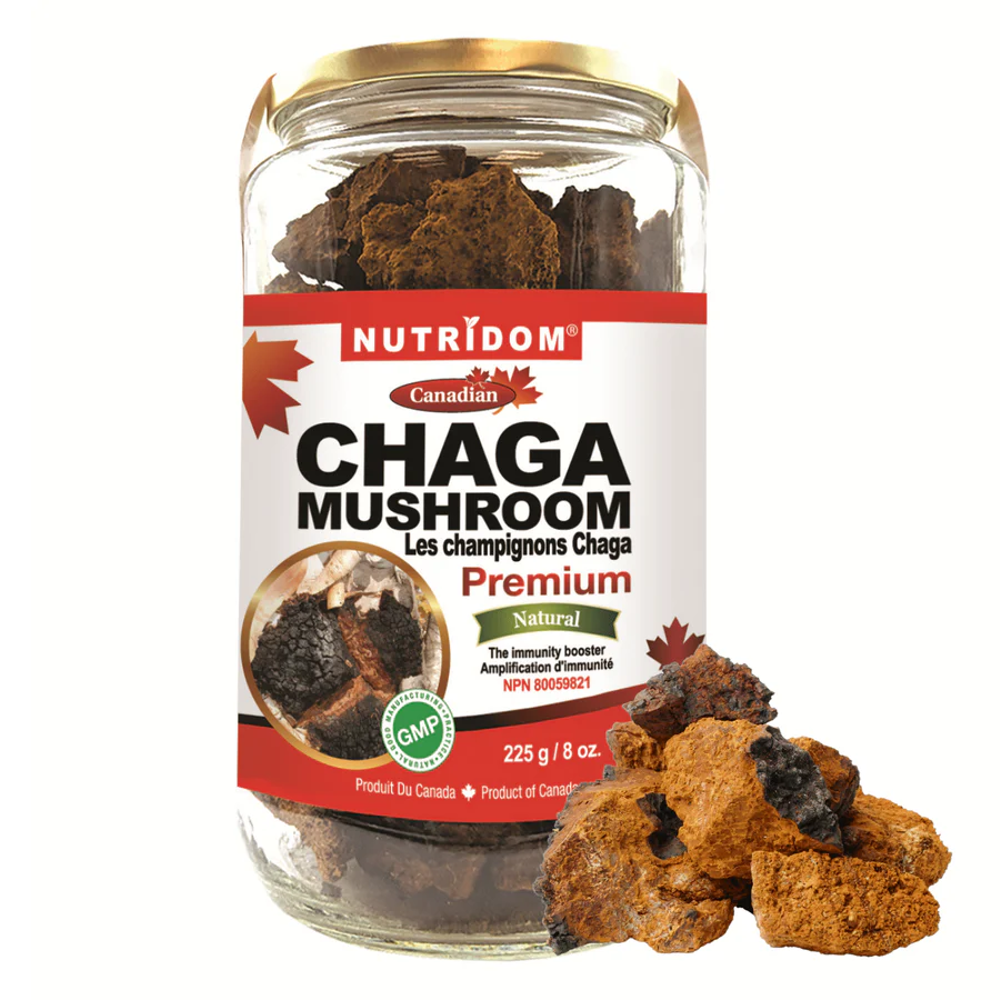
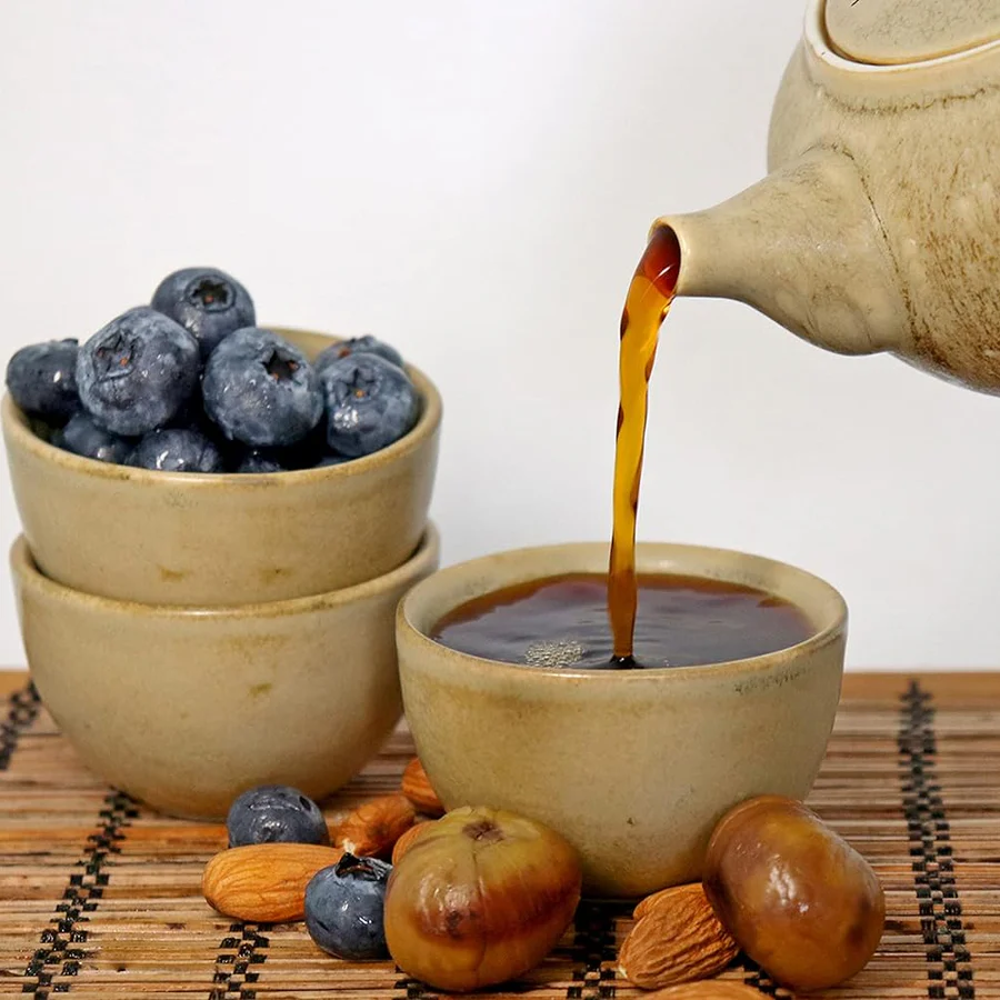
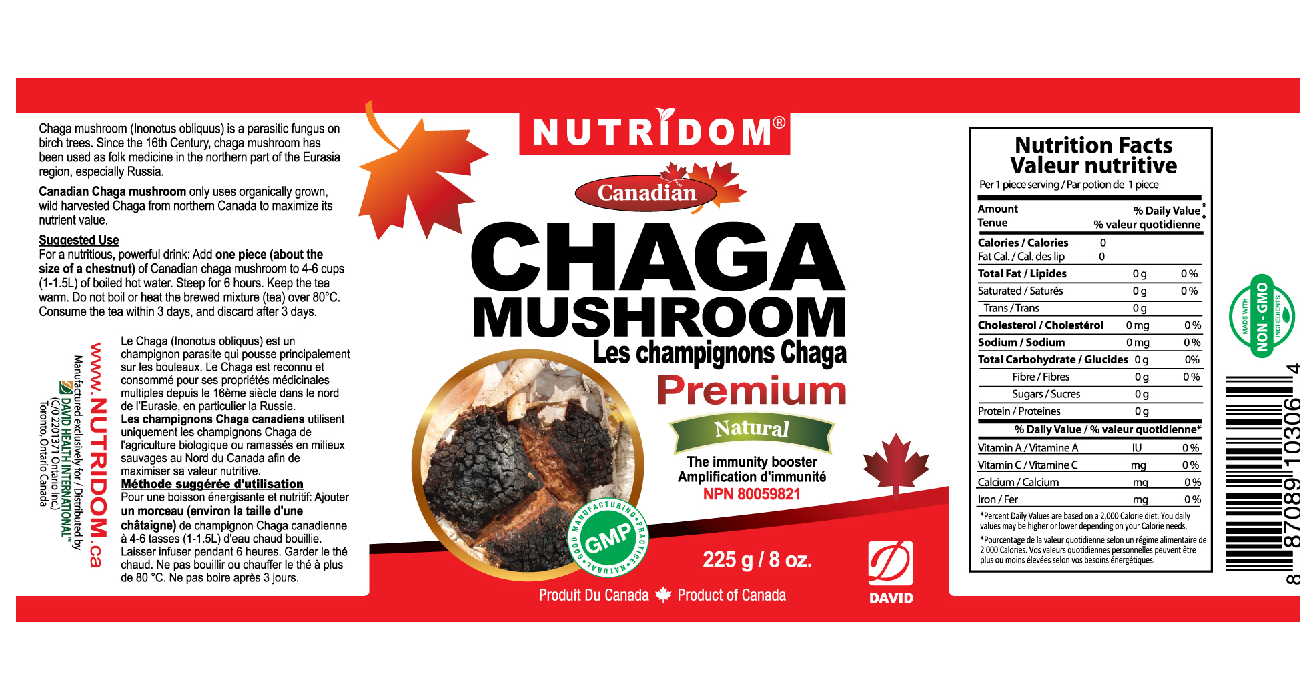
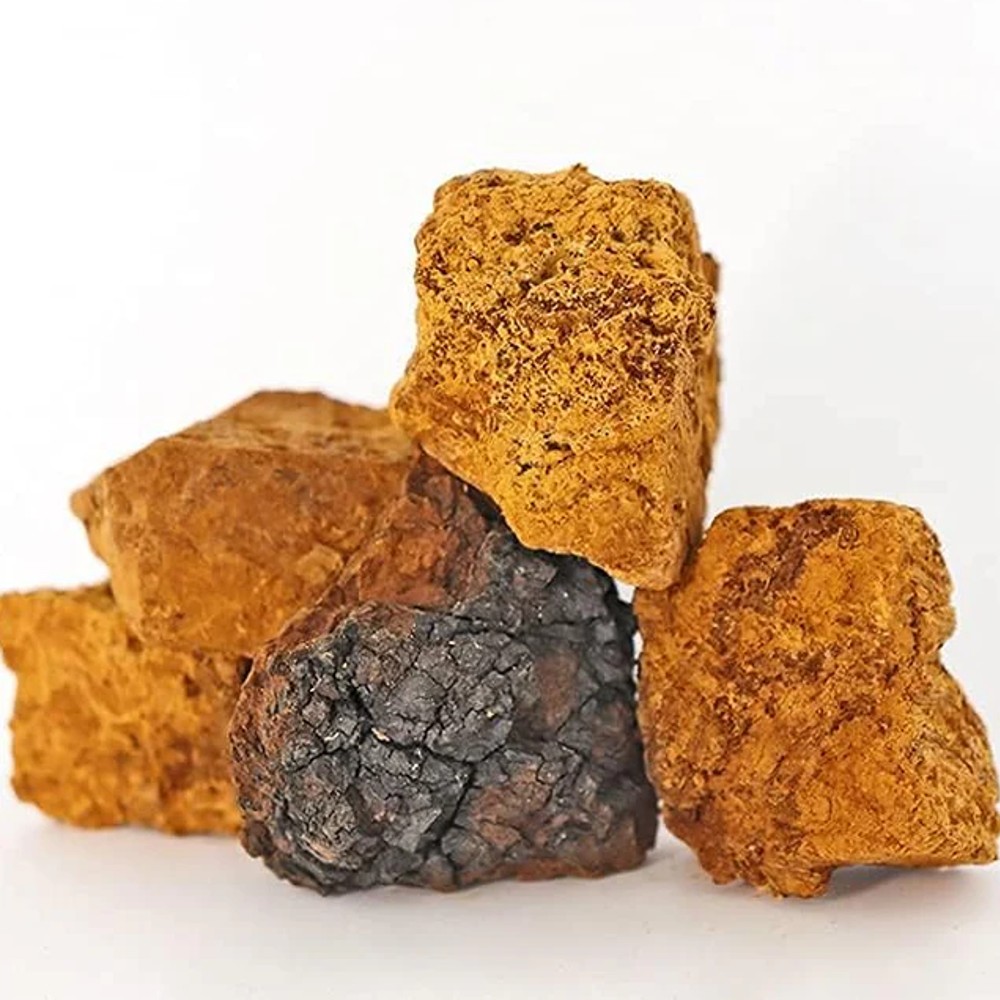
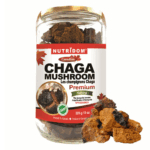
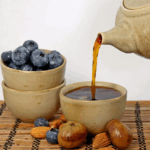

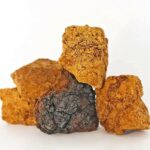
 If you purchase this product you will earn
If you purchase this product you will earn 

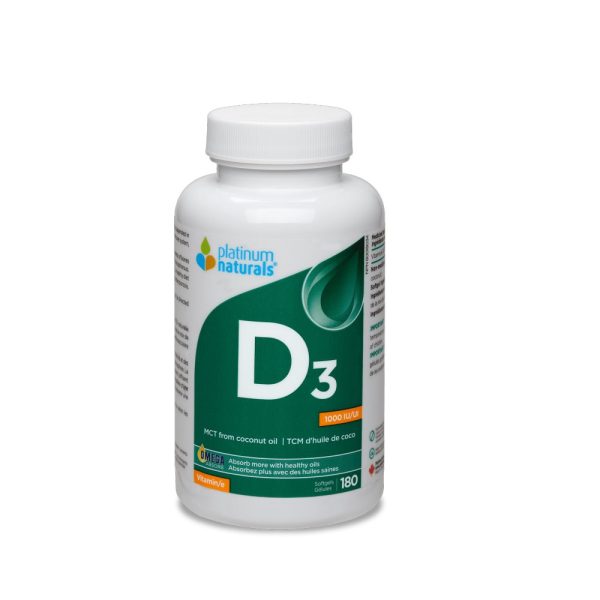
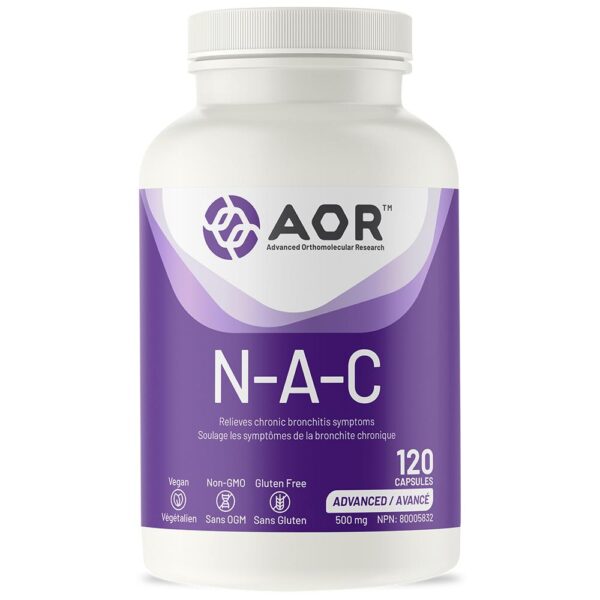
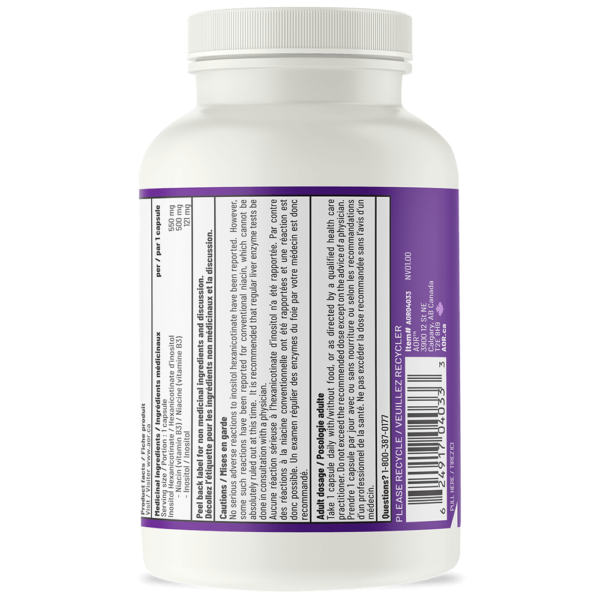
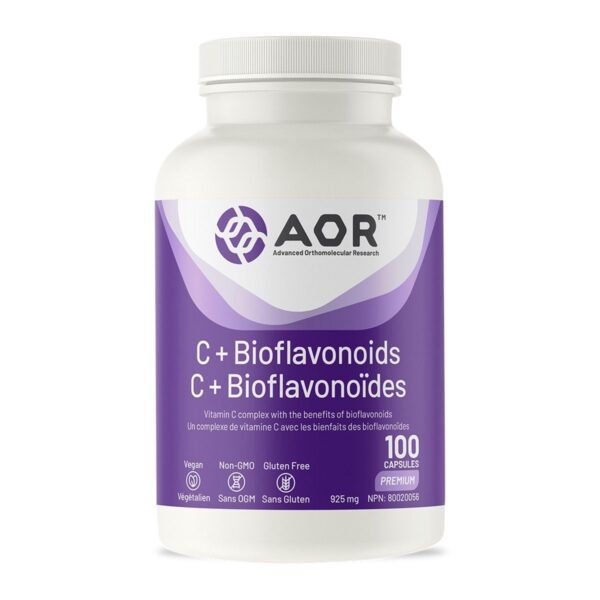
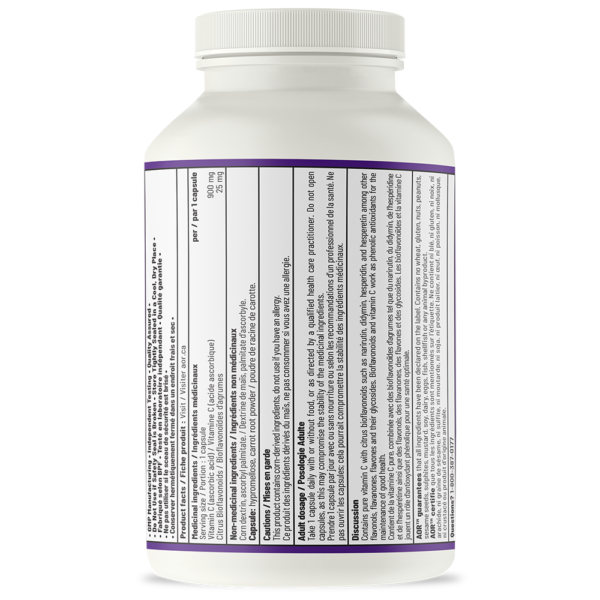
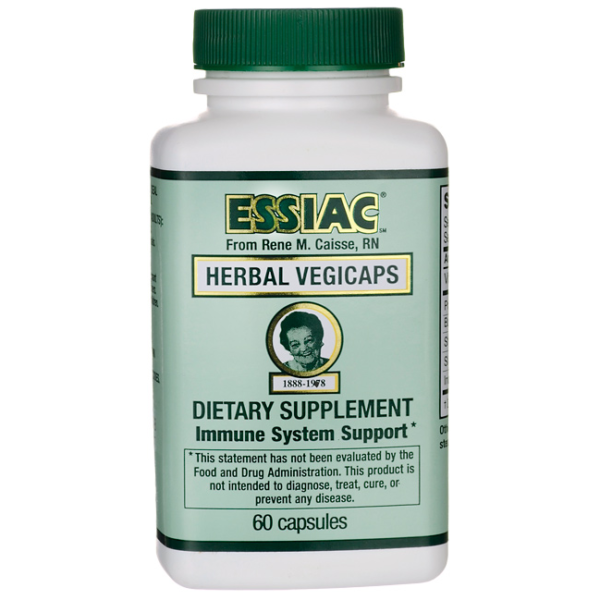
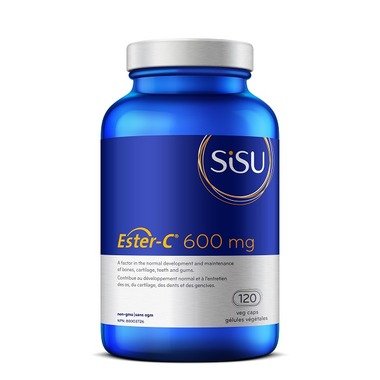
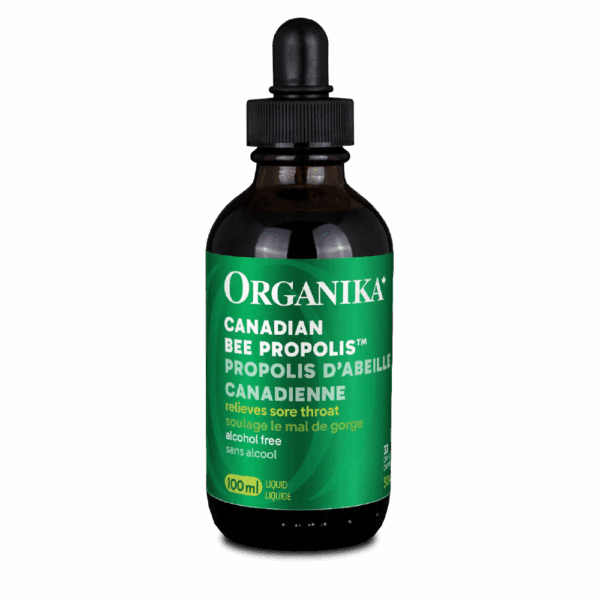

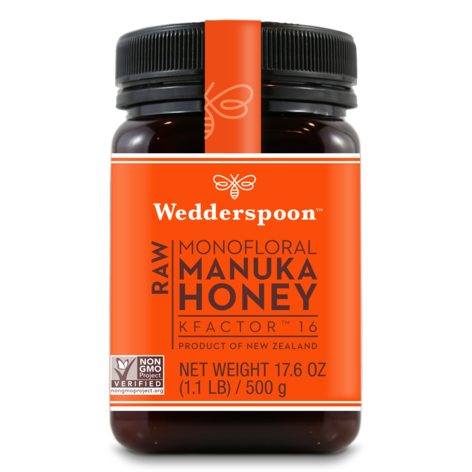


Reviews
There are no reviews yet.